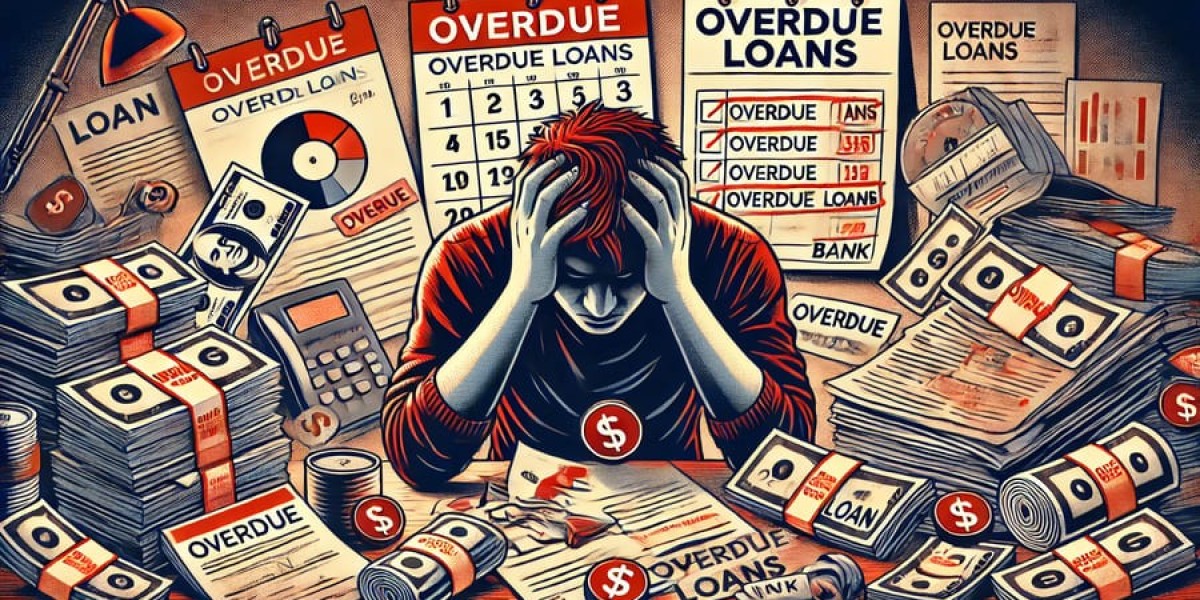When a person is arrested, it doesn't always mean they will be convicted. However, an arrest record can remain part of their permanent record, even if the charges were dropped or they were found not guilty. This can raise a significant issue for many individuals who may find their personal and professional lives affected by a record that doesn't accurately reflect their guilt or innocence. So, can arrest records be removed? The answer depends largely on expungement laws and the process involved in clearing such records. In this article, we'll dive into what expungement is, the laws surrounding it, and how it impacts those seeking a fresh start.
1. What is Expungement?
Expungement is the legal process that allows an individual to have certain criminal records erased or sealed. In most cases, this is granted after an individual has either been acquitted, had their case dismissed, or successfully completed a probationary sentence without further issues. The goal of expungement is to give individuals a second chance by removing or sealing records that might hinder their future opportunities.
Expungement doesn’t mean the record disappears completely from the system, but rather that it’s sealed and no longer accessible to the general public. For example, while law enforcement or certain employers may still be able to access the information under certain circumstances, the average person would no longer find the record through a typical online search.
For many, especially in the case of minor offenses, expungement offers an opportunity to rebuild their reputation. Websites like BustedInWakeCounty can show arrest records, but if a record is expunged, it should theoretically be removed from public databases—though, in some cases, it may not be.
2. How Does Expungement Work?
The expungement process varies from state to state, and not all arrests or charges qualify for expungement. Generally, an individual must meet specific criteria, such as:
- No prior criminal convictions (or only minor offenses).
- Completion of the sentence or probation without further incidents.
- A waiting period (usually years) after the offense has been resolved.
Once the eligibility requirements are met, the individual must file a petition with the court to request expungement. If granted, the court orders that the arrest record be sealed or erased from public view.
In some cases, individuals may need legal assistance to navigate this process. Even after expungement, some records might still be accessible to law enforcement or certain government agencies.
3. Can Arrest Records Be Removed from Websites Like BustedInWakeCounty?
While expungement removes or seals records in the court system, it’s important to note that expungement doesn’t automatically remove arrest records from websites like BustedInWakeCounty. Many websites that publish arrest records are not necessarily updated in real-time and may not comply with the expungement orders.
BustedInWakeCounty, for example, is a public platform that allows users to search and view arrest records. Even if an individual’s arrest record has been expunged, it may still appear on the website, as the information is pulled from public databases that might not reflect the sealed status of a record.
To have arrest records removed from these sites, individuals may need to contact the website directly. This process can be time-consuming and may require proof of expungement to show that the record should no longer be available.
4. Types of Records That Can Be Expunged
Not all arrests or charges are eligible for expungement. In general, only certain types of cases can be expunged. These include:
- Arrests without conviction: If an individual was arrested but not convicted, they might be eligible to have their arrest record expunged.
- Dismissed charges: If charges were dropped, the person may be able to expunge the arrest record.
- Acquittals: If a person was acquitted of the charges against them, they might be eligible for expungement.
- Youth offenses: Juvenile records are often more easily expunged, especially if the individual has led a law-abiding life since their arrest.
- Certain misdemeanor offenses: Minor offenses, such as petty theft, may qualify for expungement after a certain period.
However, more serious offenses like felony convictions or violent crimes are typically not eligible for expungement. For these cases, the process may be more difficult or impossible.
5. The Benefits of Expungement
The benefits of expungement are significant. Some of the key advantages include:
Improved Employment Opportunities: One of the most significant barriers individuals face after an arrest is finding a job. Many employers run background checks and are reluctant to hire individuals with criminal records. Expunging an arrest record can make it easier to get a job, as employers may no longer have access to the arrest information.
Restored Reputation: Arrest records can follow people for life, even if they were not convicted. Expungement gives individuals the opportunity to start fresh without the stigma of a past arrest haunting them.
Housing and Loans: Arrest records can also affect a person’s ability to secure housing or loans. Many landlords and financial institutions check criminal records as part of their decision-making process. Expungement can increase the chances of securing a rental property or financial assistance.
Peace of Mind: Living with a criminal record can be stressful, especially if an individual was never convicted. Expungement offers the peace of mind that comes with knowing a past arrest will no longer be an obstacle in moving forward.

6. What’s the Process of Expungement?
The expungement process can be a lengthy and complex one, with different requirements depending on the state. However, here are some general steps involved in the process:
Verify Eligibility: Before applying for expungement, individuals must confirm that they meet the necessary criteria, such as waiting a specific period after the offense or having a clean criminal record since the arrest.
File a Petition: The next step is to file a petition for expungement with the court. The petition will usually require information about the individual, the offense, and the legal outcome.
Court Hearing: In some cases, the court will schedule a hearing to review the petition. The judge will determine whether the individual’s arrest record should be expunged.
Receiving the Order: If the judge approves the petition, they will issue an order to expunge or seal the record.
Follow-Up: After receiving the order, it’s important to follow up with the appropriate agencies and websites, such as BustedInWakeCounty, to ensure that the record is no longer accessible.
7. How to Ensure an Expunged Record Is Removed from Online Databases
Even after expungement, online databases may still display arrest records. To ensure the removal of an expunged record from websites like BustedInWakeCounty, individuals may need to:
Contact the website directly: Some websites will update their records if the individual provides proof of expungement. This may involve sending a copy of the court order or legal documents showing that the record has been sealed.
Provide documentation: In some cases, individuals may need to provide documentation to support their claim, such as a certificate of expungement or a court order.
It’s important to be patient in this process, as it may take time for websites to update their information. However, individuals are legally entitled to have their expunged records removed from public access.
8. The Future of Expungement and Arrest Records
As public access to arrest records becomes more widespread through platforms like BustedInWakeCounty, the expungement process may evolve. The increasing availability of online information means that more people are facing the challenge of having their arrest records removed from public databases.
Advocates for individuals with criminal records are pushing for changes to laws that would make expungement more accessible and effective. Some are calling for automatic expungement for individuals who meet specific criteria, particularly for low-level offenses. This could help streamline the process and ensure that individuals aren’t left with a permanent record for mistakes made in their past.
Conclusion: Moving Forward After an Arrest
While arrest records can have a lasting impact on an individual’s life, expungement offers a chance for a fresh start. It’s important to understand the process, the eligibility requirements, and the limitations of expungement. Websites like BustedInWakeCounty may publish arrest records, but that doesn’t mean these records can’t be cleared or sealed in the right circumstances.
For those seeking to have their arrest records removed, it’s important to research local expungement laws and take the necessary steps to file for expungement. Doing so can help remove the burden of an arrest record, allowing individuals to move forward with their lives and achieve a brighter future.
FAQs
1. How long does the expungement process take?
The expungement process can take several months, depending on the jurisdiction. It involves filing paperwork, court hearings, and a review process.
2. Can an arrest be expunged if charges were dropped?
Yes, if charges were dropped or the individual was acquitted, they may be eligible to have their arrest record expunged.
3. Do I need a lawyer to file for expungement?
While it's not required to hire a lawyer, many individuals choose to do so to ensure they meet all the legal requirements and to navigate the process more easily.
4. Will my expunged record still show up on background checks?
In some cases, law enforcement or certain employers may still access expunged records. However, the general public and most employers will not see the published information.
5. Can I request the removal of my arrest record from websites like BustedInWakeCounty after expungement?
Yes, you can request the removal of your record from websites like BustedInWakeCounty , but you may need to provide proof of expungement and follow up with the website directly.








